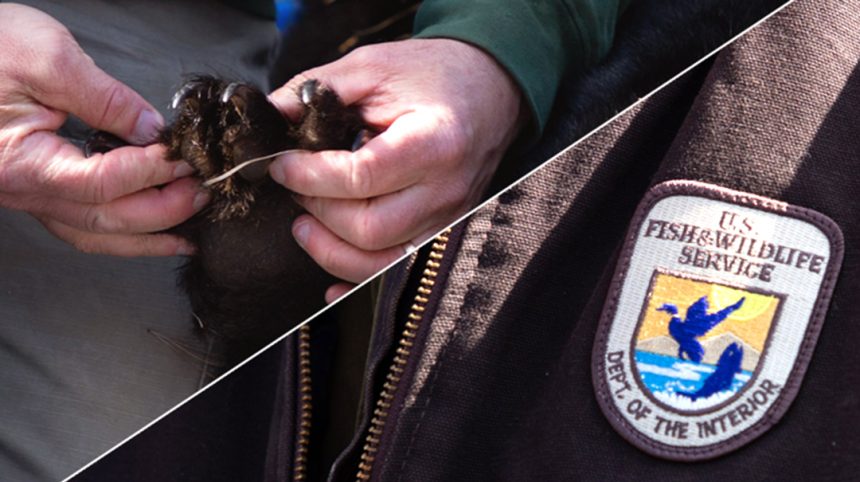This article originally appeared on Thompson/Center’s “The Hunt Never Ends” on October 23, 2020.
Conservation is enormously important to us here at Thompson/Center.
If you’re as absorbed in the hunting lifestyle as many of us are, you’ve probably heard of the Federal Aid in Wildlife Restoration Act of 1937 – commonly referred to as the Pittman-Robertson Act. The Pittman-Robertson Act is funded by an excise tax on firearms, ammunition, and archery equipment, paid for by the manufacturer. These federal funds are set aside for distribution to state wildlife agencies to support approved conservation projects to help benefit wildlife. Prior to its creation in 1937, many species of wildlife were driven to near extinction due to unregulated market hunting, habitat loss, and general lack of management.
Without the Pittman-Robertson Act, hunting today would likely look quite a bit different, and you may not be able to pursue the white-tailed deer, wild turkey, and black bear that so many of us enjoy every year. If you’ve purchased a firearm, ammunition, or archery equipment, you’ve helped contribute to the success of these conservation efforts.
This past spring, Thompson/Center was invited to participate in a field day with the U.S. Fish and Wildlife Service and MassWildlife to capture learn firsthand how Pittman-Robertson Act funds are used to support conservation projects focused on the American black bear. Watch below to learn how federal and state agencies partner to support research projects on the black bear population in the Northeast and help maintain healthy populations for years to come.

